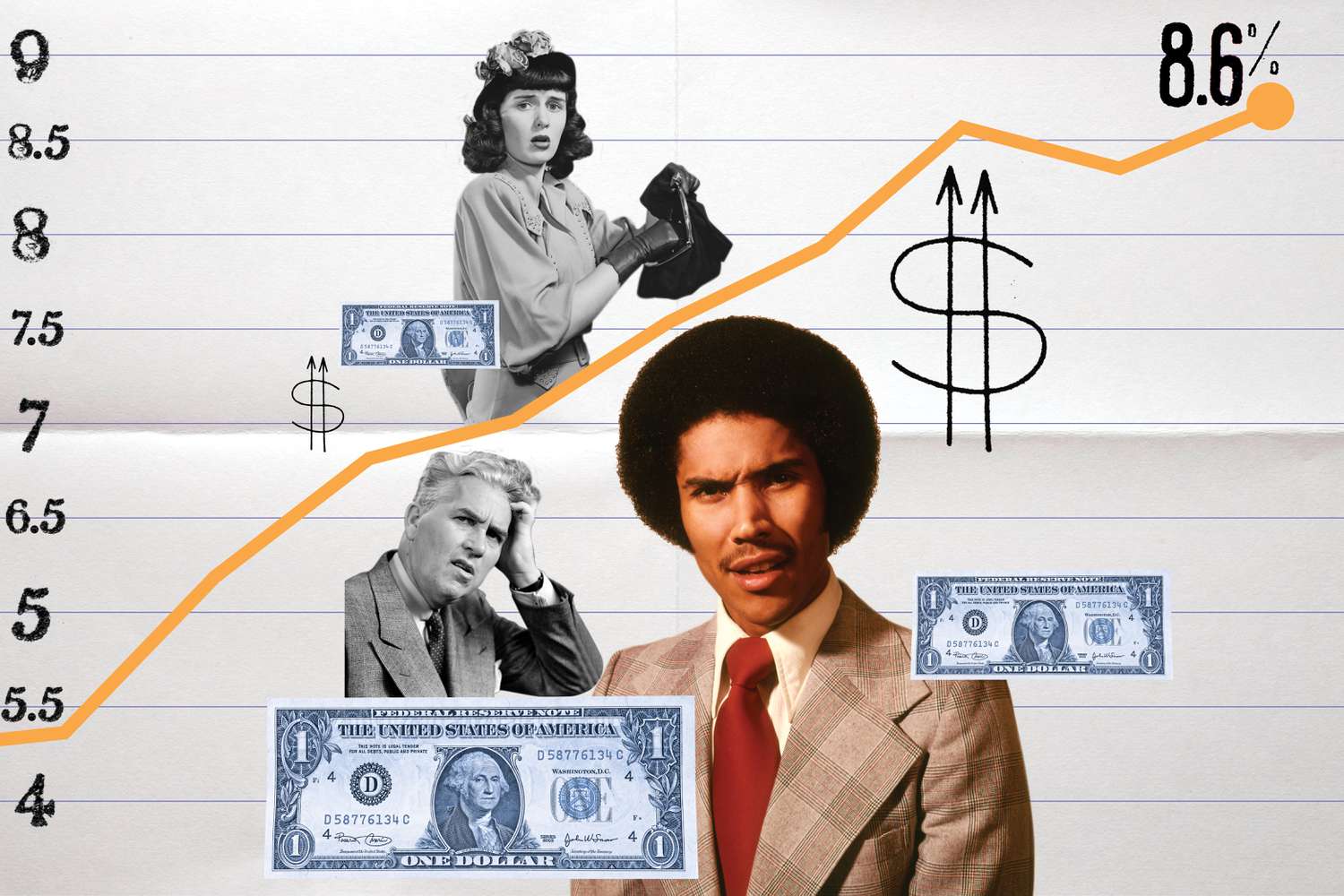Consumer inflation that many expected had already peaked instead accelerated to a new 40-year high of 8.6% in May.
Offering no signs of relief on the horizon, US prices rose three times as fast in May as in April, leaving them 8.6% higher than in May of last year and disappointing economists who had expected the annual inflation rate to stay at the 8.3% seen In April, the Consumer Price Index (CPI) from the Bureau of Labor Statistics showed Friday. Before now, March’s 8.5% was the highest since December 1981.
Key Takeaways
- The Consumer Price Index showed the inflation rate accelerating to 8.6%, a fresh high since 1981, in May.
- Many economists thought we were past the worst inflation rates and are now more pessimistic about the prospects for relief.
- Gas, groceries, and housing—expenses we can’t escape—were among the biggest contributors.
Many of life’s essentials drove the May increase—gasoline, housing, and groceries—although prices rose in almost every major category. Even used vehicle prices rose 1.8% from April—the first increase in four months—reversing what had been a recent bright spot.
The change in direction all but snuffed out earlier indications that inflation could have peaked and left forecasters predicting it will be some time before the relentless increases start to fade, particularly with fallout from the ongoing war in Ukraine fuel supply shortages underpinning the inflation. The worse inflation gets, the more likely it is that the country could fall into a recession trying to control it, economists said.
“This is a disappointing report. There’s no other way of looking at it,” said John Leer, chief economist for polling firm Morning Consult. “I don’t see any near-term relief.”
Benchmark US stock indexes fell on the news, and yields on 10-year Treasuries, which generally rise along with inflation fears, emerged to their highest since 2018. Meanwhile, the University of Michigan reported a record low reading for its 70-year-old Index of Consumer Sentiment, showing how bleak inflation is making people feel about their own finances and the economy.
Inflation Undermines Pay Increases
The CPI rose 1% in May (accelerating from 0.3% in April), dwarfing the 0.3% increase in average pay so that ‘real’ earnings declined, a separate report showed Friday. Inflation is now decisively winning the tug-of-war between pay raises and the cost of living, even though workers have been in high demand, spurring some of the biggest pay raises in decades. Only 45% of workers had gotten pay raises that kept up with inflation in May, economists at the Indeed Hiring Lab said Friday, down from typical levels around 56% before the pandemic.
Inflation is not only hard on household budgets, but has repercussions on borrowing costs, job security, and the overall health of the economy. Caught off guard by the magnitude of the inflation, the Federal Reserve is quickly raising its benchmark interest rate to discourage spending and bring demand back in balance with supply. But if that approach tamps things down too much, the country could fall into a recession, where a shrinking economy triggers problematic unemployment, hurting the standard of living.
“It’s hard for people to look at the situation and say, ‘How can we navigate the next six months to get inflation under control without essentially moving into a recession?’” Leer said.
And the drivers of inflation aren’t going to go away. The Russian invasion of Ukraine is fueling inflation by wreaking havoc on supply chains around the world. Western government sanctions against Russian oil and gas have threatened global supplies, increasing energy costs, while disruptions in shipments of crucial commodities like grains have driven up the price of cereals and baked goods. The global nature of the problem is one reason US leaders face a difficult time bringing it under control, economists said.
In the year through May, groceries got nearly 12% more expensive, while the cost of gas shot up almost 49%, the CPI showed. Even excluding food and energy prices, the so-called core inflation rate only decelerated slightly to 6% from 6.2%.
Have a question, comment, or story to share? You can reach Diccon at [email protected].
Want to read more content like this? Sign up for The Balance’s newsletter for daily insights, analysis, and financial tips, all delivered straight to your inbox every morning!
